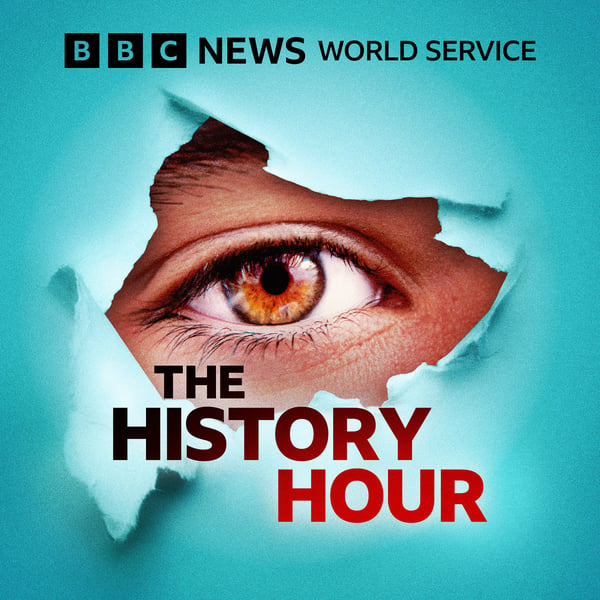The Zanzibar revolution
The History Hour
BBC
4.4 • 879 Ratings
🗓️ 6 June 2020
⏱️ 51 minutes
🧾️ Download transcript
Summary
How a bloody 1960s revolution changed East Africa. We hear an eyewitness account and talk to Professor Emma Hunter of Edinburgh University. Plus the birth of ecotourism in Costa Rica, the post-war origin of the World Health Organisation, the man who created the world's first portable defibrillator, and remembering the artist Christo.
PHOTO: Ugandan revolutionary and self-styled Field Marshal John Okello (1937 - 1971), leader of the Afro-Shirazi anti-Arab coup in Zanzibar, circa 1964. (Photo by Pix/Michael Ochs Archives/Getty Images)
Transcript
Click on a timestamp to play from that location
| 0:00.0 | Hello and welcome to the History Hour podcast from the BBC World Service with me Max Pearson, |
| 0:05.0 | the past brought to life by people who were there. |
| 0:07.8 | This week the World Health Organization dogged by politics from the start. |
| 0:12.0 | The United States saw the WHO in effect, to put it crudely, |
| 0:16.2 | but I think accurately, as an extension of its foreign policy intentions. |
| 0:20.8 | Plus the American Quakers who were unlikely pioneers of eco-tourism in Costa Rica. |
| 0:26.3 | One morning we woke up, I heard this great crashing. |
| 0:29.3 | It just sounded like the whole woods was coming down. |
| 0:31.8 | I went out under our little porch and it was |
| 0:34.4 | Spider monkeys a whole troop. And we remember Christo, the man who wrapped the rice stag. |
| 0:39.8 | And there was five million people in the Reichstag. |
| 0:43.4 | Everybody who come to see the project, |
| 0:45.5 | they know that they were seeing something |
| 0:48.2 | will never happen again. |
| 0:50.5 | That's all coming up later in the podcast, |
| 0:52.3 | but first a convulsion of violence which racked a group of islands which are more usually portrayed as idyllic sun and sand holiday destinations. |
| 1:00.0 | In 1964, revolutionary's seized power in the archipelago of Zanzibar just off the coast of East Africa. |
| 1:07.0 | The revolution was followed by days of mayhem, most of it ethnically motivated, which left lasting scars. It also led to Zanzibar giving up its new-found |
| 1:15.3 | independence to become part of Tanzania. Rebecca Kespi has been speaking to the academic |
| 1:19.7 | and journalist Ahmed Rajab, who was a student at the time of the revolution. |
| 1:25.0 | It was a melting pot. |
| 1:27.0 | People were from different backgrounds, from Africa, from the Middle East, from Asia, and as far as China, and also Portuguese, but they made up |
... |
Please login to see the full transcript.
Disclaimer: The podcast and artwork embedded on this page are from BBC, and are the property of its owner and not affiliated with or endorsed by Tapesearch.
Generated transcripts are the property of BBC and are distributed freely under the Fair Use doctrine. Transcripts generated by Tapesearch are not guaranteed to be accurate.
Copyright © Tapesearch 2025.

